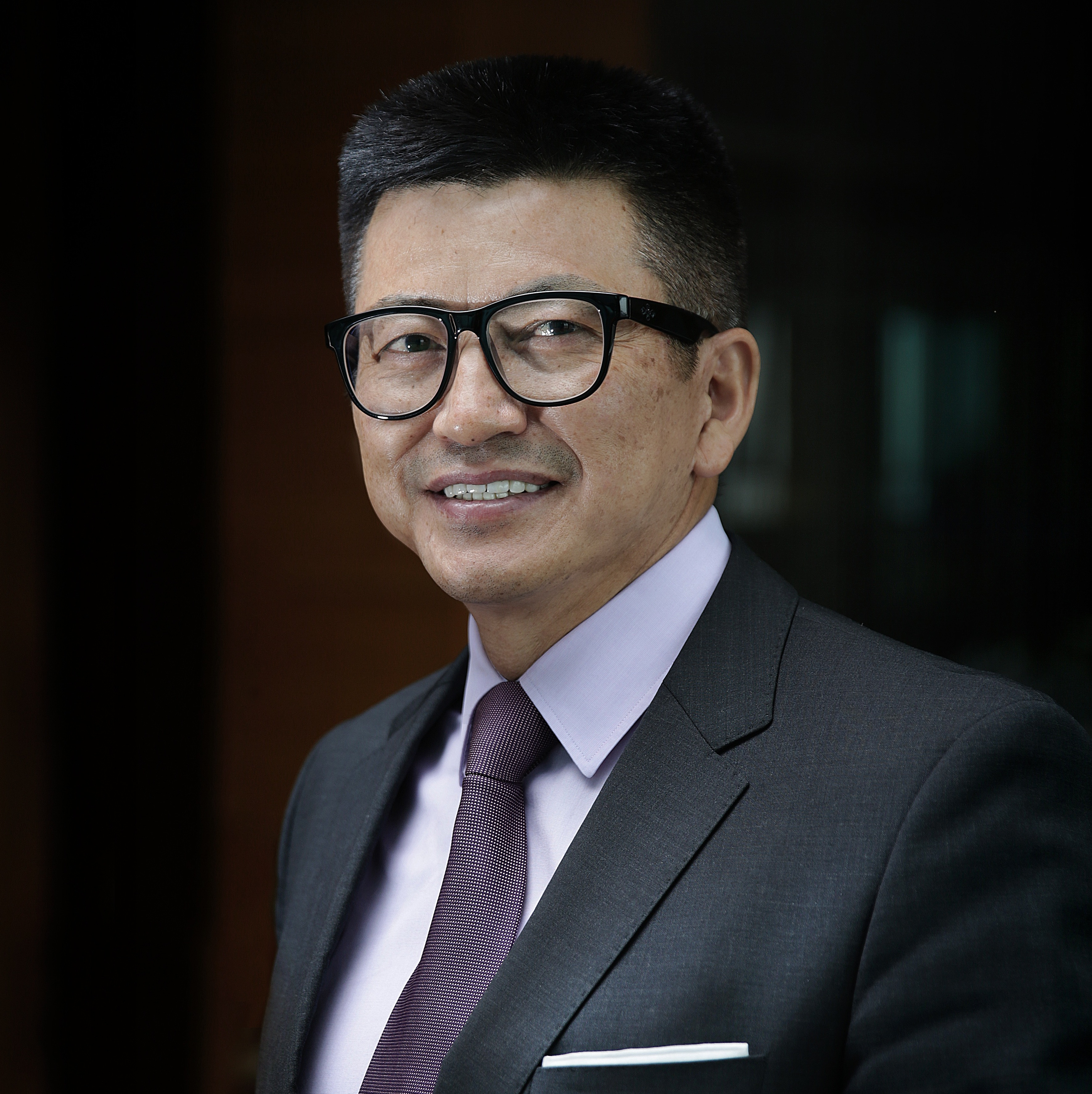Mongolians in the United States Vote for their Next Government
The Mongolian diaspora in the United States is ready to exercise their right to vote. Here is a short summary of Mongolia’s election system history and why it matters to the United States.
The 2024 Mongolian Parliamentary Election will take place on June 28th. Mongolians staying overseas, including a large population in the United States, will vote between June 20th – 23rd at their closest Mongolian diplomatic mission. The United States is home to the second largest diaspora community of Mongolians abroad, after the Republic of Korea. There are around 27,000 Mongolians living in the United States, mainly in Illinois, followed by California, and then the DMV area (Washington DC, Maryland, and Virginia).
The 2024 Parliamentary Election features 21 political parties. The parties competing in these elections include the governing Mongolian People’s Party (MPP), which has won more than 80% of the seats in both of the last two elections, led by Oyun-Erdene Luvsannamsrai; the Democratic Party (DP), the main opposition party, led by Luvsannyamyn Gantumur; and the National Labor Party, which had secured one seat in the last election, led by Togmid Dorjkhand.
Brief Overview of Election System History:
Since Mongolia’s first election in 1992, the country has frequently changed its election system, fluctuating between a majoritarian and mixed parallel system. In the past eight elections, there was only one election with the mixed parallel system, which combines majoritarian and proportional elements while maintaining the two systems’ independence. The other seven elections were run on majoritarian systems including first-past-the-post and block vote system.
The 2020 parliament election in Mongolia is a good illustration of the difference between majoritarian and proportional systems. The winning Mongolian People’s Party received 46.60% of the overall vote but secured 81.60% of the seats in the majoritarian system. Even though more than half of the vote went to the opposition Democratic Party and other small parties, these parties only secured 18.4% of the seats. If the election were held in a proportional system, the other parties and DP could have secured more seats than the MPP in total.
In over 30 years of parliamentary election history, the MPP has received 46% of the total votes, and the DP 35%, and others, the independent candidates and small parties, 19%. The MPP has won five times, and the DP has won twice in elections up until 2020. A study by the Asia Foundation shows that there is a growing number of votes for parties other than the two main parties. However, under the majoritarian system, other parties have only secured up to three seats per election regardless of their growing number of the shares of votes, highlighting the downside of majoritarian systems.
Reforming Mongolian Elections
The Mongolian government reformed its election system in the constitution from a majoritarian to a combination of the majoritarian and proportional elements called the “mixed member parallel system” in 2024.
The parliament added 50 more seats to the previous 76 parliamentary seats, effective in the 2024 election. Specifically, 78 seats are determined by the majoritarian system and the remaining 48 seats are determined proportionally by the number of votes each party received.
From 1992 to 2024, Mongolia’s average constituency size has grown from 27,000 to 44,000, and the government highlights the importance of bringing parliament members closer to their constituencies by increasing the size of the parliament. The parliament also changed the number of its electoral districts from 29 to 13 in this year’s election. The goal is to shift parliamentarians' focus to regional and national development rather than local interests.

Dambadarjaa emphasized that shared values between Mongolia and the United States in democracy, individual rights, and free market economy are of paramount importance to the partnership. Thus, he believes the two countries share the same struggles for protecting democracy, bonding the countries as friends.
When asked about the importance of adding more seats in Parliament, Dambadarjaa said, “Earlier, Standing Committees could consist of seven or eight people in the current government system. Then by a simple majority, all members could make important decisions, which were mostly approved by the Plenary Sessions,” He believes the new government system will make better decisions with more people in standing committees, and therefore more diverse opinions.
Dambadarjaa marks this as a new era for Mongolian politics with young people who have no illusion of the former communist system and are more democratic and exposed to western culture. Dambadarjaa notes that this democratization is irreversible in Mongolia with young people who have a newfound respect for human rights, democracy, and freedom of speech.
Dambadarjaa concludes his interview with the East-West Center by saying:
“Mongolians will live in a plural society rather than in a one-party system. We live in a free nation that has free people from birth. That makes a nation stronger. ”
The author would like to thank Jargalsaikhan Dambadarjaa for sharing his perspectives on the election reform in Mongolia for this article.
Bayarjavkhlan Bayanmukh is a Summer 2024 Young Professional at the East-West Center in Washington. He is pursuing a bachelor's degree in political science and economics at Swarthmore College.